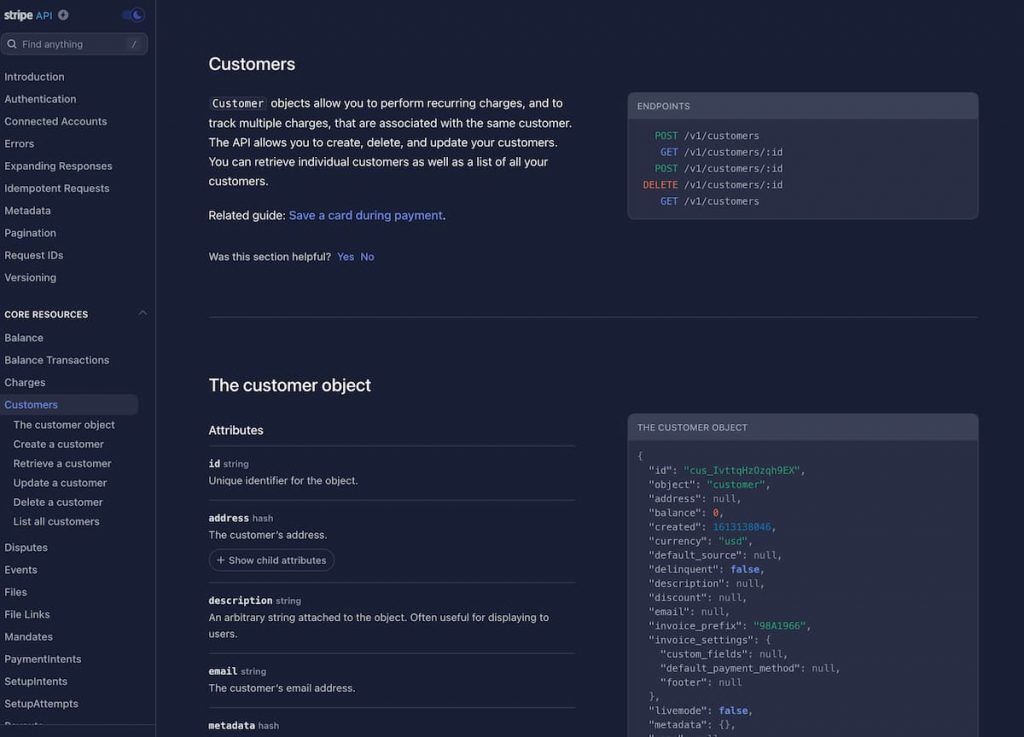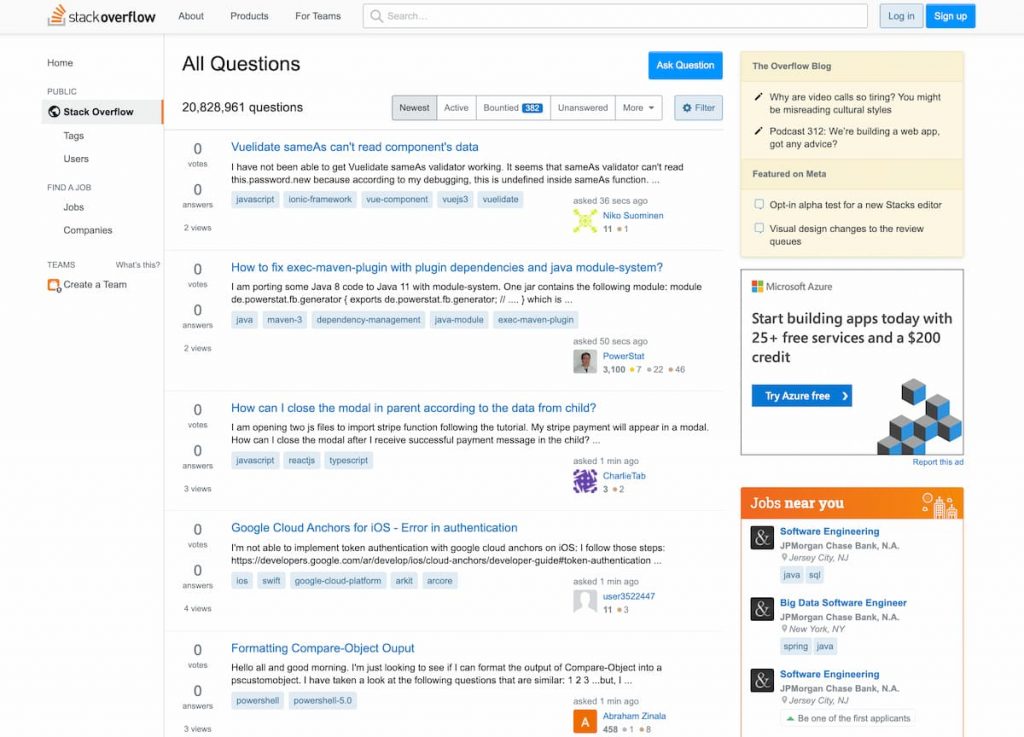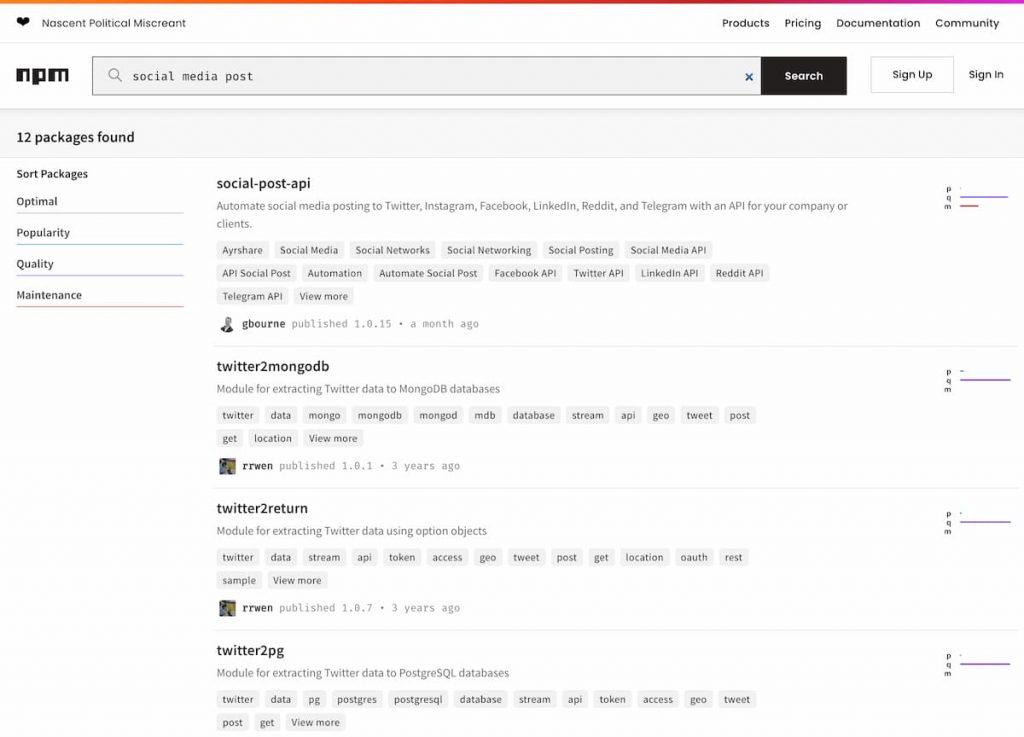How We Got 1,000 Users by Engaging Developers
The Secret: Focus on Docs, Problems, and Packages
When we began building our SaaS product Ayrshare, an API that connects to social networks for posting, we strongly felt that we would not be able to tap into our core target market if we only focused on the traditional marketing and engagement route. You know, the same Google ads, general SEO, and blog posts.
Ads, SEO, and “Top 10” posts* have a place in every marketing strategy, but we are developers ourselves. We know how important it is for a developer to research and evaluate a new product. And like most developers, we also usually skip over the fluffy marketing pages and go right to the technical meat.
If you have a SaaS product, API, platform, or tool that is primarily used by developers, then you need to take a different approach to target those developers. Whether or not they have direct purchasing power, they are your users, often are hugely influential in the purchasing decision, and where you need to direct your attention.
By focusing on engaging the developer API community, in 6 months we had 1,000 new users.
So how did we effectively engage with a technical/developers audience?
We looked at where we as developers spend our time:
- Reading documentation.
- Looking for solutions to their programming problems.
- Evaluating tools and downloading packages.
*We admittedly have some “Top 10” posts
Docs
Documentation is one of the most powerful engagement and marketing tools at your disposal. Forget your marketing homepage, fancy images, or business-world cliches. Developers want the nitty-gritty details and those can be found in your documents. API, tech specs, and integration docs are what they are looking for and what will ultimately win them over.
For example, in our API Docs we get as technically detailed as possible on how the system works, features and capabilities, and what the integration effort takes. And since we know that these docs will be read by prospective customers, we write them in such a way that puts the reader at ease since we have already thought through many of the technical questions.
So what makes good docs? Think of what you would like to see: integration guides, code examples in multiple languages, API details, and technical FAQs. If you take the time and care in your docs, it can be your biggest selling opportunity.
Stripe has some great API Docs. They are detailed with live examples:

If you stop reading now and just focus on amazing docs, you’ll be good to go.
Solutions to Problems
If you program and need help, what sites do you visit? I bet StackOverflow is at the top of the list.
Now, you should never, ever, and I mean never, post promotional info about your app on StackOverflow. In fact, I recommend never mentioning your product.
What you should do is help people with questions in your area of expertise, especially if that topic relates to your business. For example if you had a Stripe-like product, answer every question you can on StackOverflow on payments, API calls, and credit card processing.

If you build up a reputation in that area, developers will look to you and your business for help.
Packages & Modules
My choice of tech stacks is React and Node.js, so whenever I need to solve a problem, I head over to NPM, Node Package Manager, to see if someone has already built a solution. The same goes when I delve into Python, I go to PyPI. The breath of packages you can find is amazing and will save you hours of work and maintenance.
Having your own package available in these directories can be a fantastic way for developers to discover your product. You’ll also understand what languages your users build in. For example, we got several requests for a PHP package because potential users saw our package, but didn’t see a PHP one.
How much of a difference can these packages make? About 30% of our traffic comes from our NPM and Python packages or Bubble.io or Airtable Plugin (no-code tools).

And beyond just engagement and marketing, packages give your users the tools they need to more easily integrate your product, making happy users.
Food For Thought
Of course these aren’t the only avenues for reaching your technical and developer users, and likely there are unique ones for your business. However, this should give you some food-for-thought on different engagement opportunities.

